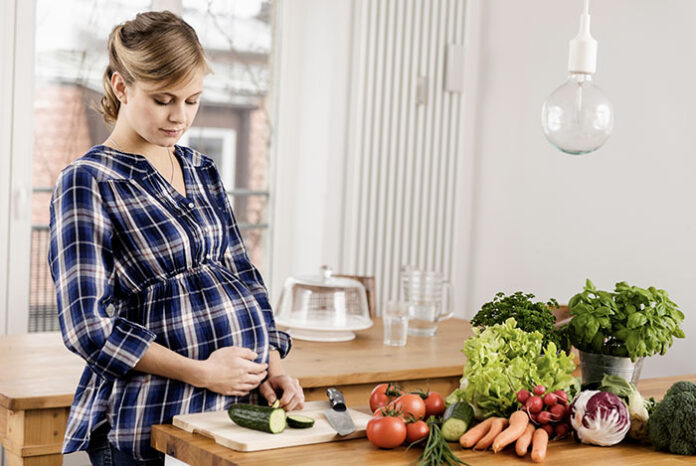
Congratulations, you are pregnant!
Of course, your first thought is to stay healthy during pregnancy. Part of being healthy is making sure you have an effective pregnancy eating plan.
First-time pregnant mothers need to know about a healthy diet for several reasons, most importantly, how it affects their baby.
A healthy diet is a great way to provide enough nutrients for weight gain without excessive weight gain. If you gain the right amount of weight, it will be much easier to lose it after giving birth.
A direct link has also been found between your nutritional health and its impact on children later in life. Everything you do during these nine months, from your physical activity to the fluids you drink, has been found to affect your child’s current and future growth.
During the first trimester, it is essential to limit excess calorie intake. After the first 12 weeks, you can add 300 calories daily to your regular calorie intake.
If your weight is average, you should gain 25 to 35 pounds during pregnancy. You should limit your weight gain to no more than 5-10 pounds for the first 20 weeks and then to 1 pound per week. If you are overweight, doctors recommend that you lose weight before pregnancy. This makes it easier to maintain excess weight during pregnancy and lose weight after delivery. According to statistics, obese women have significantly higher rates of emergency cesarean section, miscarriage, gestational diabetes and hypertension.
To significantly increase the likelihood of a healthy pregnancy, ensure your diet is rich in fresh fruits and vegetables, whole grains, lean meats, and protein, and avoid processed foods.
Essential nutritional supplements during pregnancy
Calcium, your body needs calcium to build strong bones and teeth.
Folic acid produces the extra blood your body needs during pregnancy.
Iron is a crucial component of red blood cells, which carry oxygen throughout the body.
Omega-3 fatty acids are essential for a baby’s brain development. Make sure to include foods rich in omega-3 fatty acids, such as fish, soy, and spinach, in your diet. Iron, found in leafy greens like spinach, also helps oxygen flow to the baby’s brain cells.
As well many women add a prenatal supplement to their daily routine.
Nutritious Fruits During Pregnancy
Tangerines and oranges can help you stay hydrated.
Mango is another excellent source of vitamin C.
avocado contains more folic acid than other fruits, and of course, your staples like lemon, banana, berry, and apple.
For an expert opinion and advice, please reach us at asktheexpert@vivamagonline.com.






